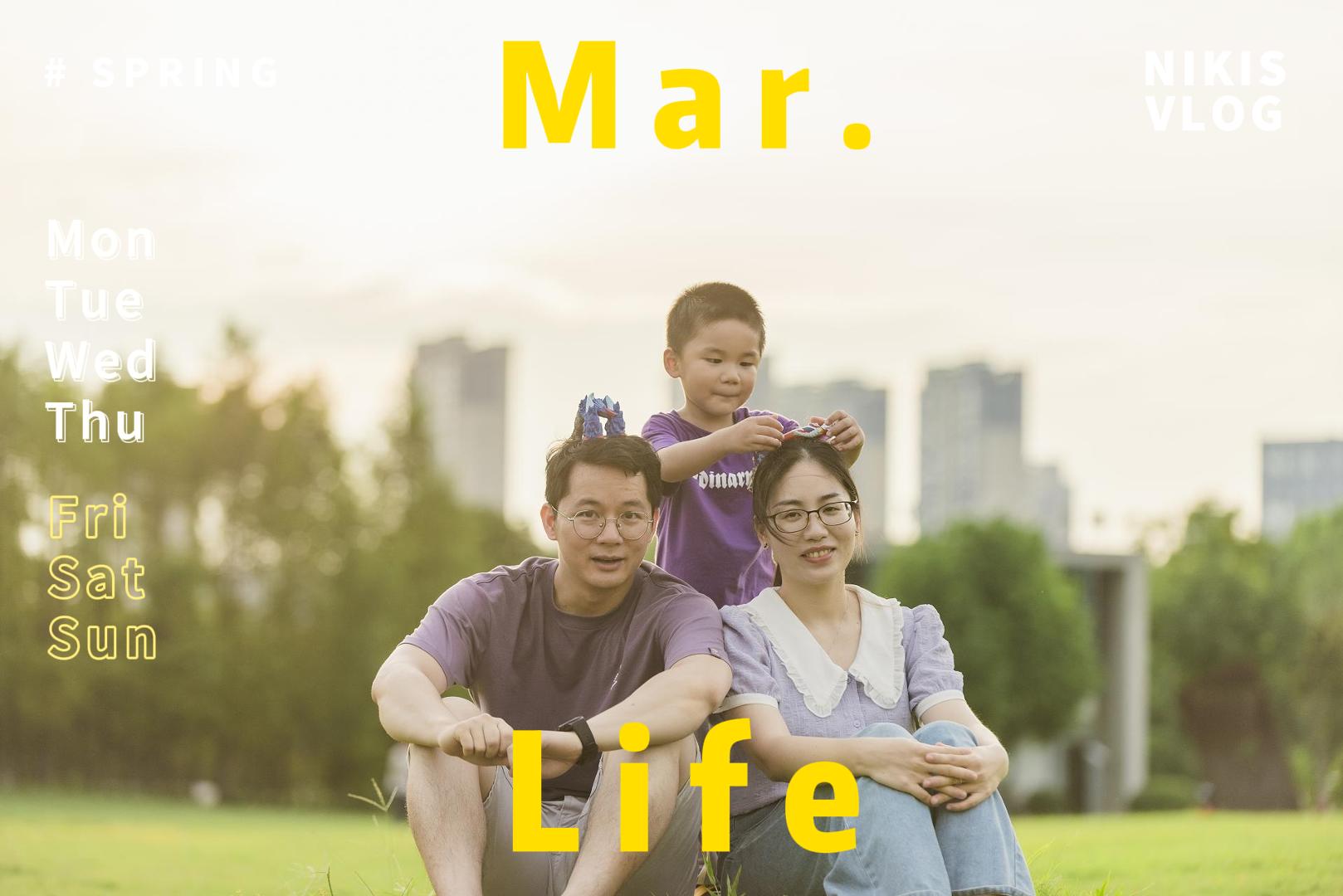Associate professor
Supervisor of Master's Candidates
Hits:

DOI number:10.1016/j.bpj.2022.09.014
Journal:Biophysical Journal
Abstract:Touch allows us to gather abundant information in the world around us. However, how sensory cells embedded in the fingers convey texture information into their firing patterns is still poorly understood. Here, we develop an electromechanical model for roughness perception by incorporating main ingredients such as voltage-gated ion channels, active ion pumps, mechanosensitive channels, and cell deformation. The model reveals that sensory cells can convey texture wavelengths into the period of their firing patterns as the finger slides across object surfaces, but they can only convey a limited range of texture wavelengths. We also show that an increase in sliding speed broadens the decoding wavelength range at the cost of reduction of lower perception limits. Thus, a smaller sliding speed and a bigger contact force may be needed to successfully discern a smooth surface, consistent with previous psychophysical observations. Moreover, we show that cells with slowly adapting mechanosensitive channels can still fire action potentials under static loadings, indicating that slowly adapting mechanosensitive channels may contribute to the perception of coarse textures under static touch. Our work thus provides a new theoretical framework to study roughness perception and may have important implications for the design of electronic skin, artificial touch, and haptic interfaces.
First Author:Fangtao Mao
Indexed by:Journal paper
Correspondence Author:Yuehua Yang,Hongyuan Jiang
Volume:121
Issue:23
Page Number:4740-4747
ISSN No.:00063495
Translation or Not:no
Date of Publication:2022-12-07
Included Journals:SCI
Links to published journals:https://linkinghub.elsevier.com/retrieve/pii/S0006349522007640